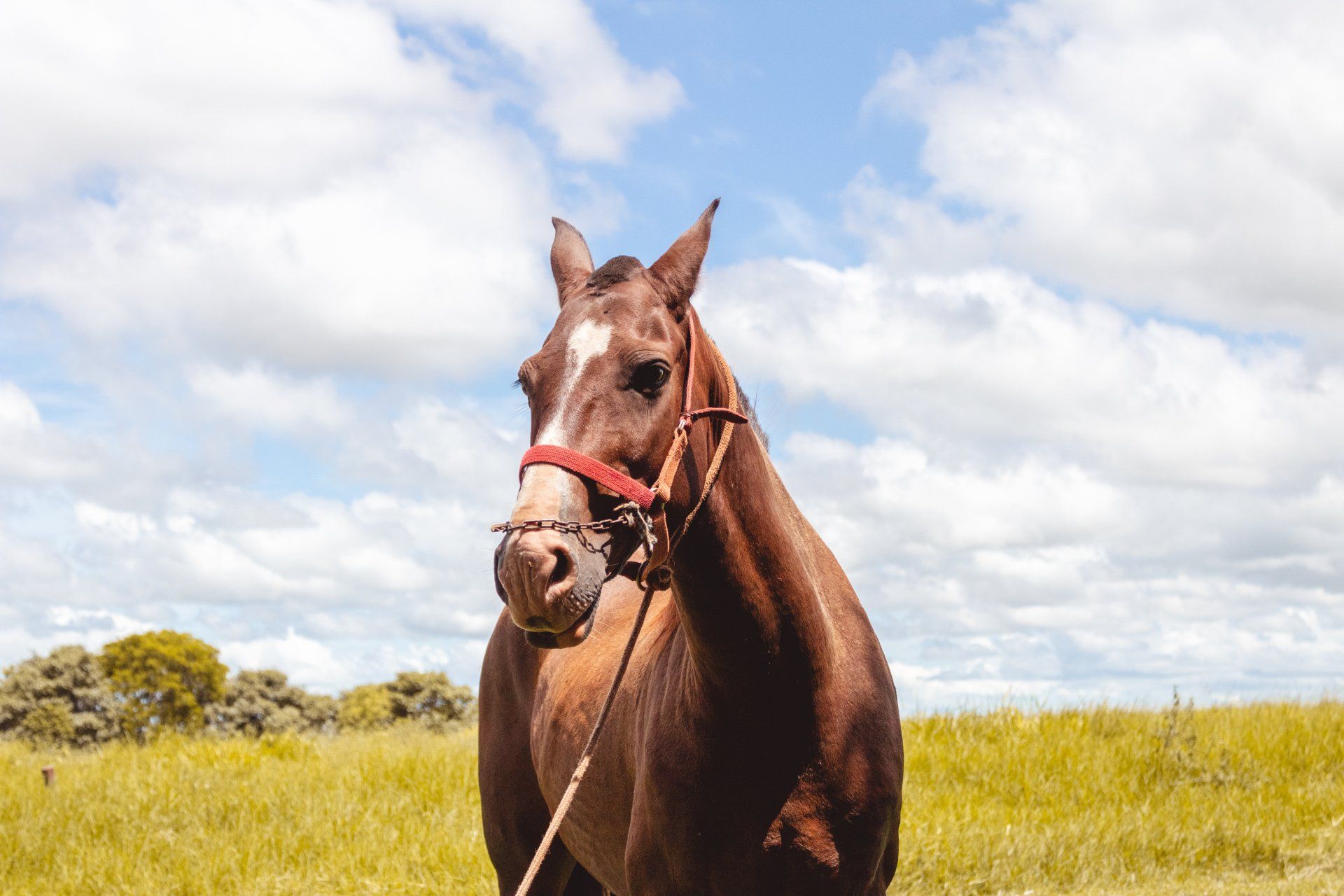2010 Wayne County Farm Tour
At first he was not interested in participating, but at the urging of his veterinarian, Stan Carmony agreed to open his dairy farm up to participation in the Wayne County Farm Tour, held Saturday and Sunday in the northwestern region of the county.
With much negative publicity falling on farms and alleged mistreatment of animals, Carmony said he was worried participation in the tour would focus unnecessary attention on his farm. However, he said, he was encouraged to participate for that very reason. "There's been a lot of bad publicity (generated by non-industry watchdog groups, including People for the Ethical Treatment of Animals and the Humane Farming Association), but he said it was a way to open up farms and show them what the truth really is," Carmony said.
Carmony and his wife, Karen, began farming in the early 1970s, when both were still in high school. Over the years their farm has increased to include nearly 1,500 acres of cropland and 1,000 head of cows and heifers. They operate one of the most up-to-date dairy farms in the area, with the milking parlor in operation 24 hours a day, according to information distributed to visitors.
On the farm, located at 8573 Canaan Center Road, visitors were invited to check out the milking parlor, calf hutches, heifer and horse barn, two cow barns, feed storage silos and two manure storage ponds. "I think people want to come in, see the place is clean, well taken care of and the animals are well treated. We do care. What we see on TV disturbs us, but we're being set up," he said. Visiting the farm also helps people realize the process by which milk makes its way to the public. "Milk does not come from the grocery store," Carmony said.
The cows are milked three times a day, and each cow produces 10-12 gallons of Grade A milk every day, according to the information, which also notes, "Carmony Farms is known for producing some of the highest quality milk which is highly desired by the milk processing companies."
"We've had a lot of families," Carmony said. The kids like to see the baby calves. Others have grown up on the farm and come to impress on the younger generations the life lessons and work ethic learned on the farm.
Art and Jennifer Carr, touring with their children, Rebekah, 7, Cameron, 4, and Kaitlyn, 2, live not far away from the Carmony farm. "We don't have a farm, and we want them to see where food and milk come from. We have a lot of friends in the farming industry," Art Carr said. By late Saturday, they'd visited three of the seven stops on the tour and expected to hit three more on Sunday. Rebekah said she enjoyed seeing the cows and the milking process. Earlier in the day, while visiting Hartzler Dairy and Cafe, she learned about pasteurization and homogenization. "Pasteurization is when they heat the milk to very high temperatures to kill the germs, and homogenization is when they get the clumps (of fat) out of the milk," she said, adding at Hartzler's they also learned about how ice cream is made. Cameron, who often makes his parents swing through the parking lot at Shearer Equipment was excited the farm tour actually gave him an opportunity to climb atop some of the big John Deere tractors he only has a chance to observe. While he's not necessarily interested in farming when he grows up, "I want to own a big tractor to mow my yard," Cameron said.
Bryan Pepper and Sharon Bahl stopped by to "just see the farm," he said. "It's nice because people can actually see where their food comes from. This is a nice farm right here," he said. "We came just to see ways other farms operated and different ideas and methods. You could sit down with 10 different farmers and they all do the same thing, but they all do it a different way," said Pepper, who maintains his own small farm. "We make hay and Sharon has horses."
Doug Besancon is an animal tech at Orrville Veterinary Clinic. He was at Carmony Farms answering questions about milk quality services and the milk culturing program, as well as reinforcing the value of a good relationship between farmer and vet. "They want to have quality milk, and in order to do that, they have to have healthy animals," he said, noting the vet clinic provides routine herd health checks, tends to pregnant and sick cows, and helps dairy farmers evaluate farm practices to attain the greatest productivity. Of the farm tour, sponsored by the Wayne County Farm Bureau, Besancon said, having an educated public helps farmers, so watchdog groups come in, they are held more accountable for their allegations, and the public can better digest when an allegation of animal abuse has substance.
Although Carmony said he has full faith in his employees and their treatment of animals, he recently installed a closed circuit video monitoring system that feeds directly into the veterinarian's office, where the animals and employee practices can be observed 24 hours, seven days a week.
Also participating on the 2010 Wayne County Farm Tour were New Pittsburg Veterinary Clinic, DeChant Farms and Excavating, Tegtmeier Cropland and Town and Country Cooperative
By Christine Pratt, Staff Writer, The Daily Record
330-674-5676 or e-mail cpratt@the-daily-record.com













